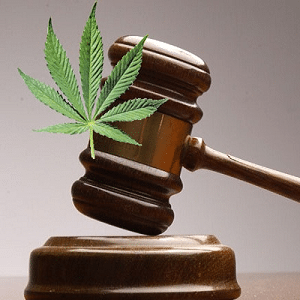 Most Cases for NC Grand Jury Are Drug Cases
Most Cases for NC Grand Jury Are Drug Cases
By Phillip Smith
A Pitt County (Greenville), North Carolina, grand jury offered up a batch of indictments on April 9 that suggest that the war on drugs is generating most of the criminal justice system activity in the county. This snapshot offers a revealing glance at just what law enforcement and prosecutors are spending their resources on, at least with this grand jury.
Grand juries are empanelled by local prosecutors to bring charges when prosecutors believe they have evidence a person can be charged with a crime. Grand jury indictments are a strong indicator of law enforcement and prosecutorial priorities.
Overall, the April grand jury indicted 37 people felony charges. Only two were for violent offenses, both of which were assaults with a deadly weapon. Another two people were indicted for child sex offenses.
One person was indicted for possession of a stolen firearm and carrying a concealed weapon, one for obstruction of justice, one for breaking and entering, and four more for various theft offenses (obtaining property under false pretenses, larceny by an employee, larceny of a merchant, financial card theft).
Overall, 15 people were indicted on non-drug offenses. But 22 were indicted in cases where drugs were the leading charge, and eight of them were indicted for the possession of marijuana with the intent to sell and deliver. That’s 22% of all the indictments, or nearly one-quarter of the grand jury’s business.
Another four people were charged with possession of cocaine with intent to sell and deliver, three people were charged with trafficking heroin/opium, three with trafficking a Schedule II controlled substance (pain pills), two with conspiracy to traffic cocaine, one with possession of cocaine, and one with attempting to obtain a controlled substance by fraud.
Drug possession or sales cases thus accounted for a whopping 60% of all indictments by the April 9 grand jury. If drug possession and sales were not criminal offenses, police and prosecutors could use those resources elsewhere, or elected officials could decide that police and prosecutors don’t need as many resources and reallocate those taxpayer dollars to more fruitful ventures. Or they could lower taxes.
Article From StoptheDrugWar.org — Creative Commons Licensing






